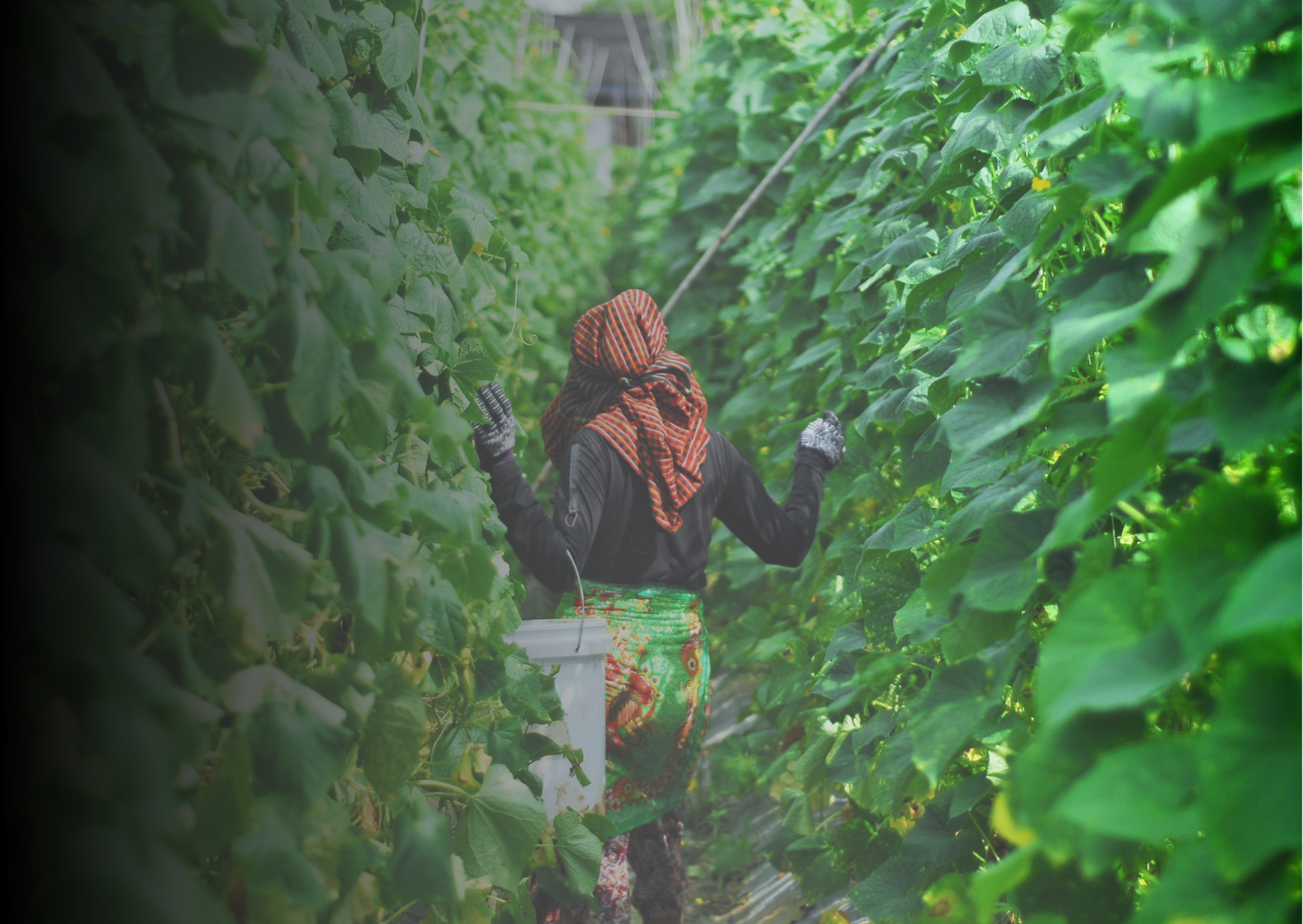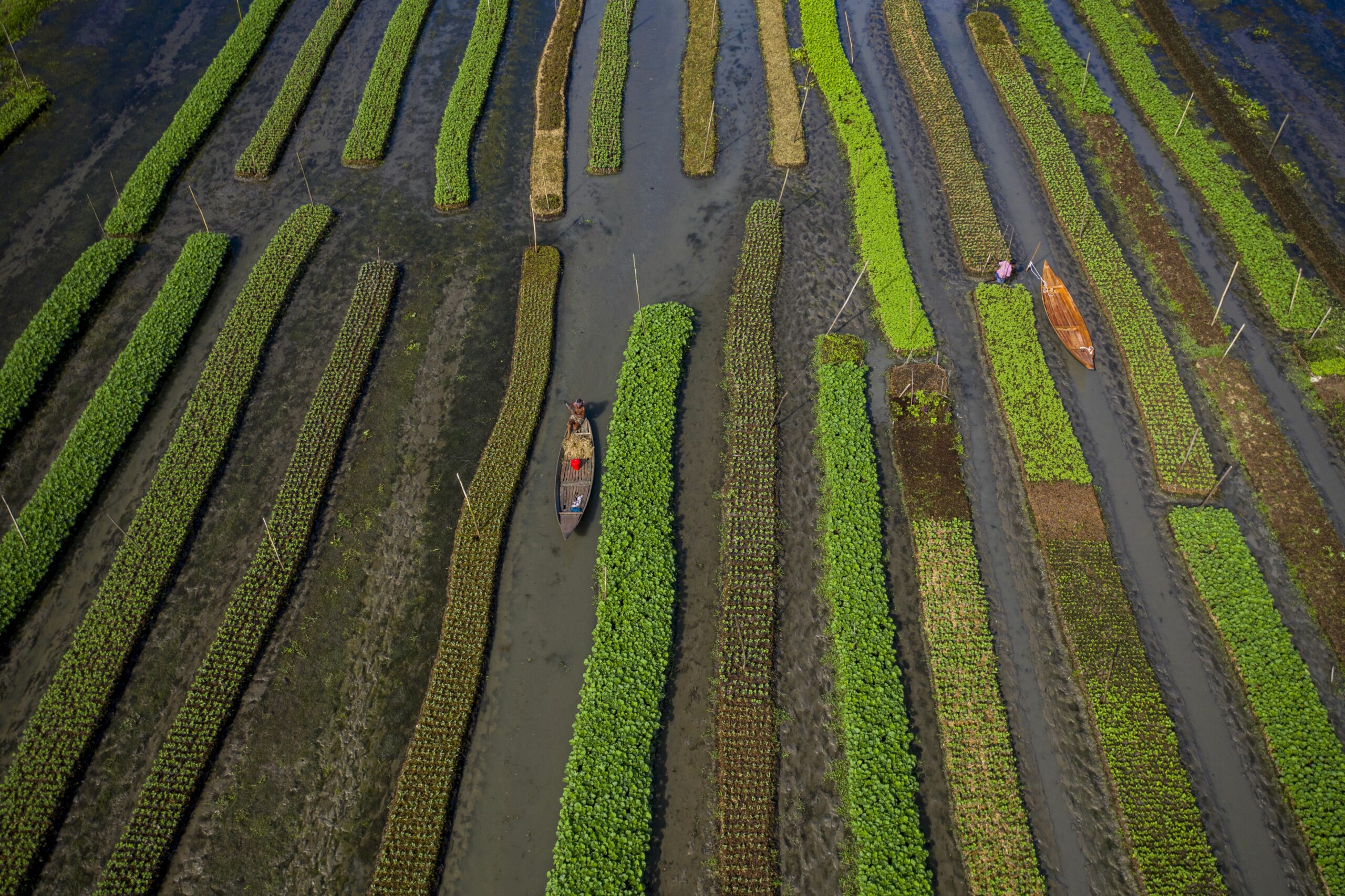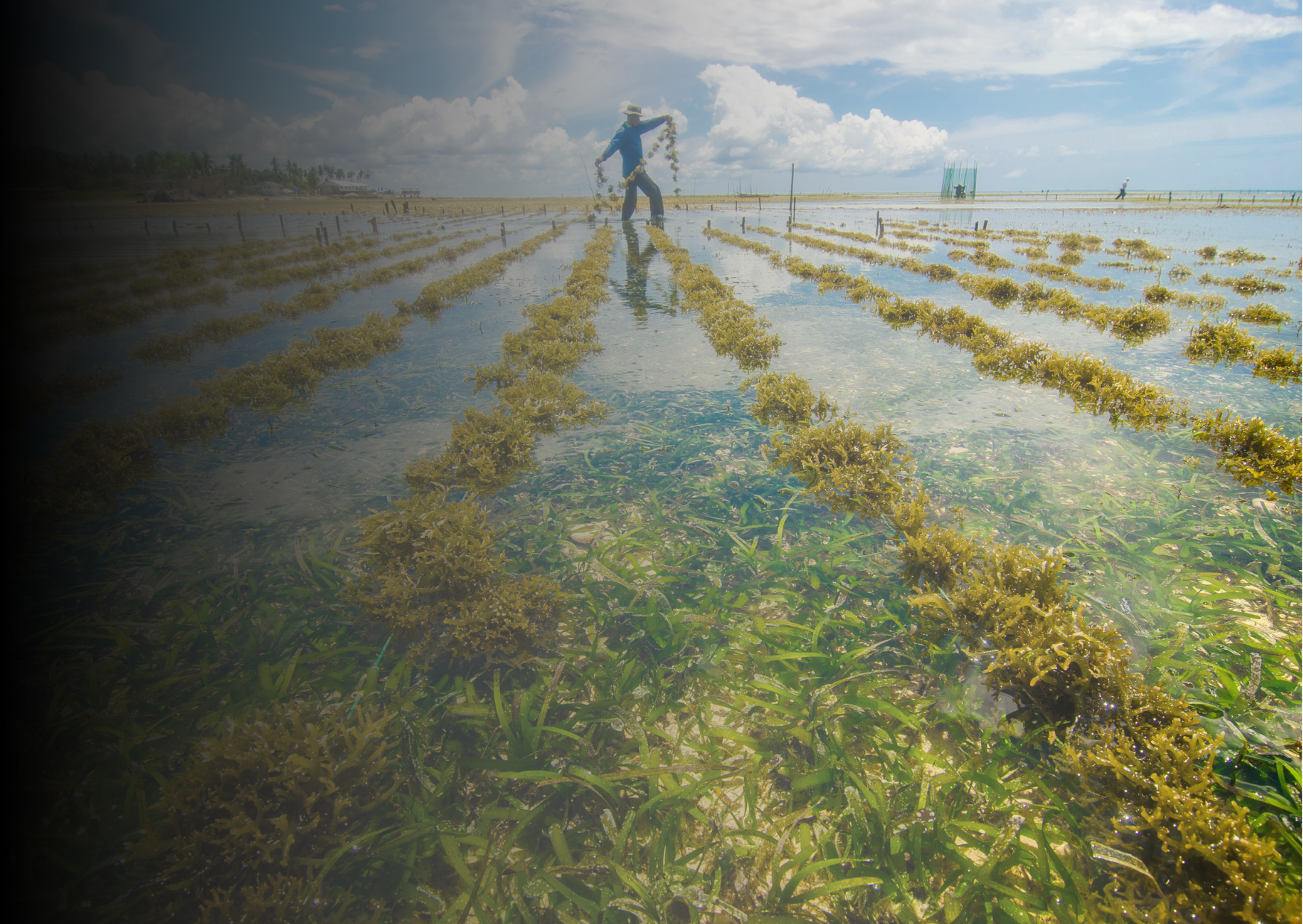
Few people in the world are as dependent on the weather as smallholder farmers. While larger farms benefit from economies of scale to pay for irrigation systems to water their crops, smallholders working with just an acre or two of land, and living well below the poverty line, must pray for the rain to come on time. While wealthier farmers can afford precision technology to analyze their soil and inform them of the exact nutrients it lacks, smallholders must just guess at these needs, dramatically limiting the soil’s potential. While wealthier populations may have access to various sources of nutritious foods for their families and children, cash-strapped smallholder farmers must depend on what they either struggle to grow or can find and afford in limited local markets. A weather shock could mean a total failure of their crop, setting the family up for months of poverty and hunger, and the long-term and intergenerational consequences of malnutrition, especially in early childhood.
Climate change is not a hypothetical future risk to these farmers; it is a reality they are facing today. In Africa alone, according to the latest reportfrom the UN’s Intergovernmental Panel on Climate Change, it has already reduced agriculture productivity growth by 34% since 1961, a downward trend they warn will continue and worsen.
At One Acre Fund we see how smallholders struggle to adapt to these changes. As a social enterprise we understand where markets have failed farmers, which is why we provide over 1 million smallholder farmers with the financing, access to high quality inputs, training and market facilitation necessary to grow more food and earn more money. We see how they lack sufficient cash to purchase drought resistant seeds, but banks won’t lend to them. They need the security of crop insurance in case their harvests are wiped out by climate shocks, yet less than 3% of African farmers have access to insurance products. At the Global Alliance for Improved Nutrition (GAIN), we find that producers of nutritious foods – who play a critical role in building healthy, climate-resilient communities – all too rarely benefit from these foods themselves; often instead selling them to urban markets, institutional programmes, or via middlemen and traders for export. While this may support income generation and livelihoods, they are missing out on nutrients that are critically important for their health, wellbeing, growth and development.

While climate change is fast becoming a lived reality, the global financial commitments made to combat climate change almost completely overlook the truly existential threat it poses to smallholder farmers. According to the International Fund for Agricultural Development (IFAD), only 1.7% of global climate finance targets smallholders, even though 608 million smallholder farms feed literally billions of people around the planet. Unfortunately, COP26 – following on previous years of indifference – did little to correct this imbalance, with no reference to farmers at all in the final communique. Former UN Special Envoy for the UN Food Systems Summit Dr Agnes Kalibata called for COP27 to correct this and focus explicitly on food systems, and especially vulnerable farmers, raising the call that, “We must ensure food systems are adapting to climate change and are resilient enough to continue nourishing people and advancing prosperity and equitable livelihoods.”
GAIN and One Acre Fund second this call. We also join with partner organizations to call for a new policy consensus with and for smallholder farmers in this time of compounding crises facing them. If we have any hope of reaching SDG2 by 2030, COP27 must rapidly accelerate efforts to put smallholder farmers at the center of inclusive, climate change responsive food systems; to ensure that climate adaptation and mitigation programs are scaled and financed to meet their intersecting needs of food security, nutrition and environmental stewardship. With the right technical and financial support to adopt and scale innovations, we believe that smallholder farmers can achieve triple impact: ensuring food security, improving nutrition, and protecting the environment.

It is hard to think of a population more at risk from climate change, yet with such little responsibility for this crisis we must collectively face. Smallholder farmers are not flying around the world or driving cars to work. They are not overconsuming goods or exploiting dirty energy sources. Yet their children will be poorer, hungrier, and suffer the burden of malnutrition, because of the climate crisis that the rest of the world has brought about. There are many self-interested reasons we should care: food insecurity incurs economic costs and instability, which in turn feeds migration, conflict and social disruption. However, we believe that the moral case should be clear enough: smallholders must finally be included in the agenda at COP27 – as participants, as experts, as recipients of greater financial and technical support, and as the target beneficiaries of policies which affect agriculture.








